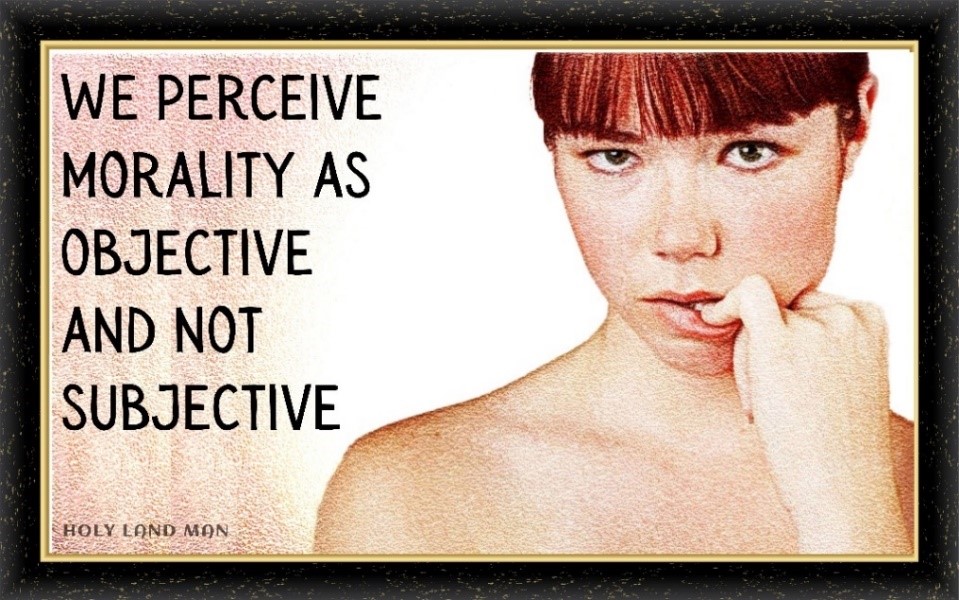Unsurprisingly, many proponents of error theory are atheists, for in a world that has nothing but inanimate matter and blind laws of nature, there is no reality that can be a source of objective morality. All that exists is molecules, and since the laws of morality are not made of molecules, they do not exist.
It is possible to adopt such an approach, but the price is enormous.
Adopting the theory of error will force us to deny some of the most intense existential feelings burning among us, and to treat our greatest and noblest ideals as personal gut feelings altogether, feelings that are neither better nor more right than those of the most wicked and corrupt people in our eyes.
This means that we will not be able to pass a moral critique on any person or any company, because there is nothing to argue about personal taste, and everyone can act according to their personal preferences.
And if we eventually decide to go to war with people or values different from ours, it will be coercion that has no moral justification other than our personal desires.
While it is possible to pay these prices, many are not willing to do so. It is not for nothing that many philosophers, including atheists, try to find a basis for the existence of an objective and realistic morality that matches our basic intuitions instead of denying them. However, most of these attempts fail. In a world that is perceived as entirely material and blind, it is difficult to suddenly bring in ad hoc absolute moral facts that go beyond nature.


